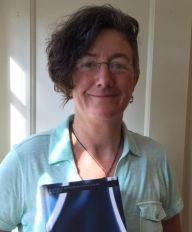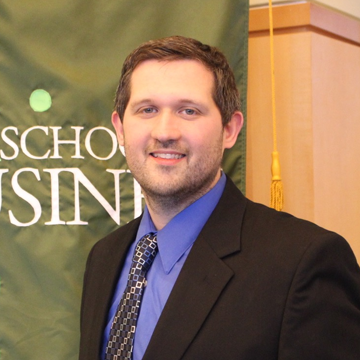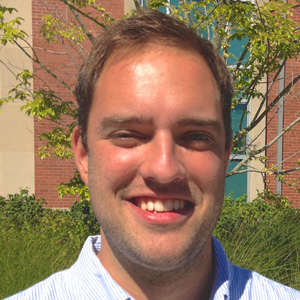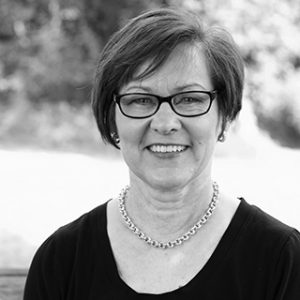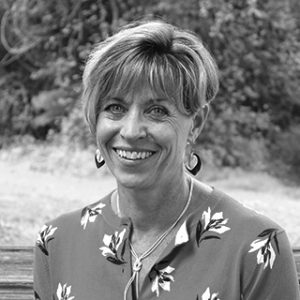Overview:
This bench serves as a positive space on campus where students can sit outside on benches placed across from each other, and talk about critical issues such as the intersections between climate change, racism, sexism, and classism.
The bench will be installed between the sculpture, Mobius Solaris, and the large tree in the Student Union quad (see photo for reference). This location was chosen because of the contrast it represents between a man-made sculpture, perceived as masculine, and a natural creation from the earth (the tree), perceived as feminine. One person would be facing East, where the sun rises, symbolizing renewal. While the other person would be facing West, where the sun sets, symbolizing reflection and sacrifice. The bench will also be located in front of the engineering building, where STEM students and faculty will be encouraged to apply intersectionality to their coursework and everyday lives.
Project Goals:
Bringing sensitive topics to a space of open, safe discussion is one of UConn's largest academic goals. This bench speaks to UConn's dedication in bringing light to such topics and incorporating them into both UConn classrooms and campuses. This bench will be engraved with questions addressing issues pertaining to intersectionality and encourage those seated to explore the questions.
The bench serves to further promote an awareness and discussion around the topics those questions address.
Initial proposed project location and designs (see below)
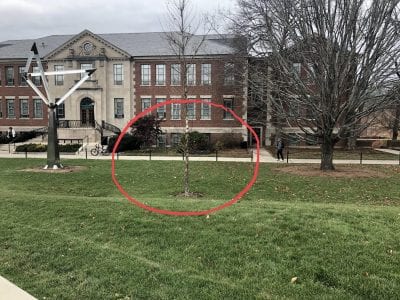
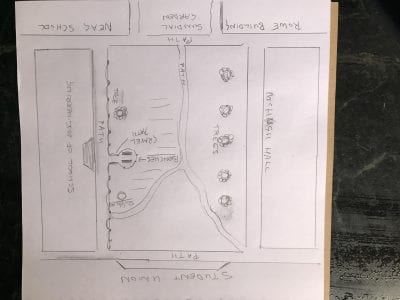
Through collaboration with partners across the university, we shifted the project location and received approval for a more ideal location on campus (see below).

